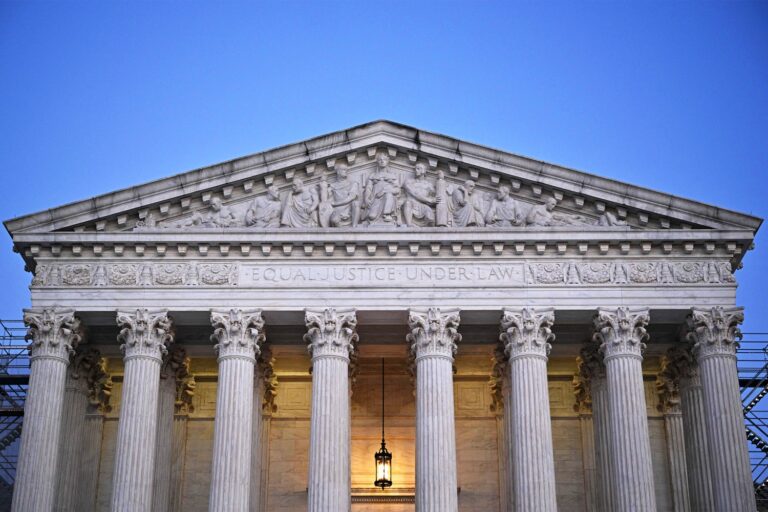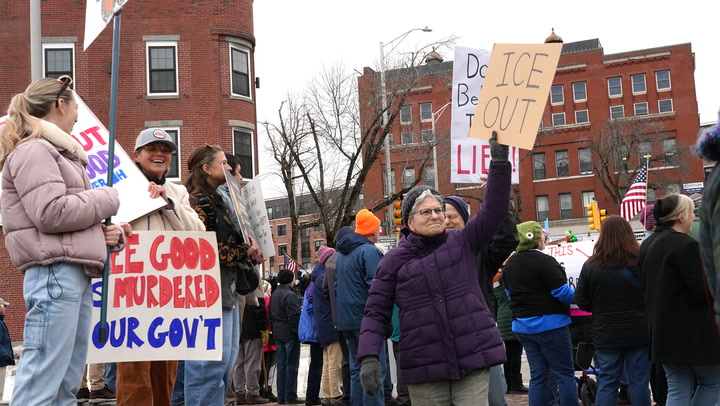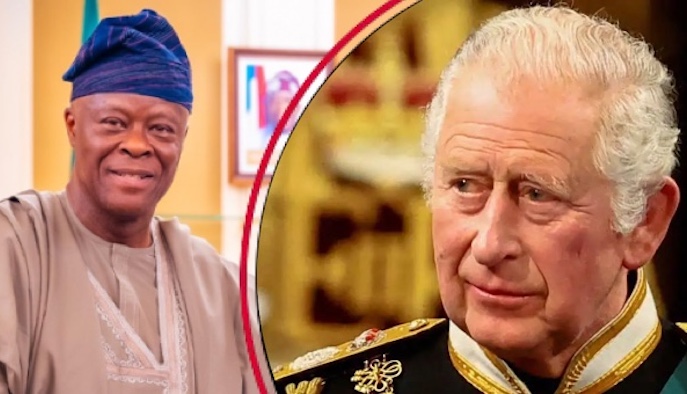The U.S. Supreme Court on October 7, 2025, appeared open to a challenge against Colorado’s 2019 law banning licensed psychotherapists from performing “conversion therapy” for minors—a law that prohibits attempts to change a young person’s sexual orientation or gender identity. The dispute reached the high court via a First Amendment claim brought by Christian counselor Kaley Chiles, who argues the statute unlawfully restricts her speech rights.
In oral argument, conservative justices probed whether Colorado’s law amounts to viewpoint discrimination by permitting affirming therapy but forbidding counseling aimed at reducing same-sex attraction or changing gender identity. Colorado’s defenders, however, maintain the law regulates professional conduct—not speech—to protect minors from practices deemed unsafe and ineffective.
At stake is whether states may ban certain kinds of talk therapy aimed at altering a minor’s sexual orientation or gender identity without running afoul of the First Amendment. If the Supreme Court sides with Chiles, similar bans in over 20 states could be vulnerable. The justices’ questioning, especially from the conservatives, suggested they might view the Colorado law as unconstitutional speech censorship.
Read Also: US Supreme Court Backs Trump On Ending Migrant Protections
Justice Samuel Alito pressed Colorado’s solicitor general, Shannon Stevenson, on whether the law “dictates opposite results” for two patients depending solely on the viewpoint they express. “Looks like blatant viewpoint discrimination,” Alito remarked. Meanwhile, Chiles’s attorney, James Campbell, told the court that the law “prophylactically bans voluntary conversations, censoring widely held views on debated moral, religious and scientific questions.”
On defense, Stevenson countered that the statute regulates a “discredited practice” and does not restrict a therapist’s right to engage in identity exploration or supporting clients’ self-acceptance. She argued the law draws a line between affirming talk therapy and therapeutic efforts to produce predetermined outcomes of change. She also cited longstanding legal recognition that states may regulate licensed professional conduct to protect public health.
Liberal justices questioned whether Colorado could be required to demonstrate more concrete harm before being allowed such regulation and whether the case should be remanded to lower courts to apply the highest level of scrutiny (strict scrutiny). Justice Ketanji Brown Jackson asked why the court should not let the lower courts evaluate evidence first; Campbell replied that “irreparable harm” is happening now because Chiles is already limiting her own speech and clients lack access to desired counseling.
Colorado’s law, signed in 2019 by Governor Jared Polis, prohibits licensed mental health professionals from trying to “eliminate or reduce sexual or romantic attraction” toward same-sex individuals or change gender expressions, with fines for violations. But it allows therapies focused on support, acceptance, and gender transition assistance.
Chiles first sued in 2022 before any enforcement against her; a Colorado federal judge denied relief, finding the state was regulating conduct, not speech, and that conversion therapy is harmful. The 10th Circuit Court of Appeals upheld that ruling.
Now before the Supreme Court, the key legal question is whether the law is a permissible regulation of professional behavior or an unconstitutional restriction on speech. A decision is expected by the Court’s term ending June 2026.










